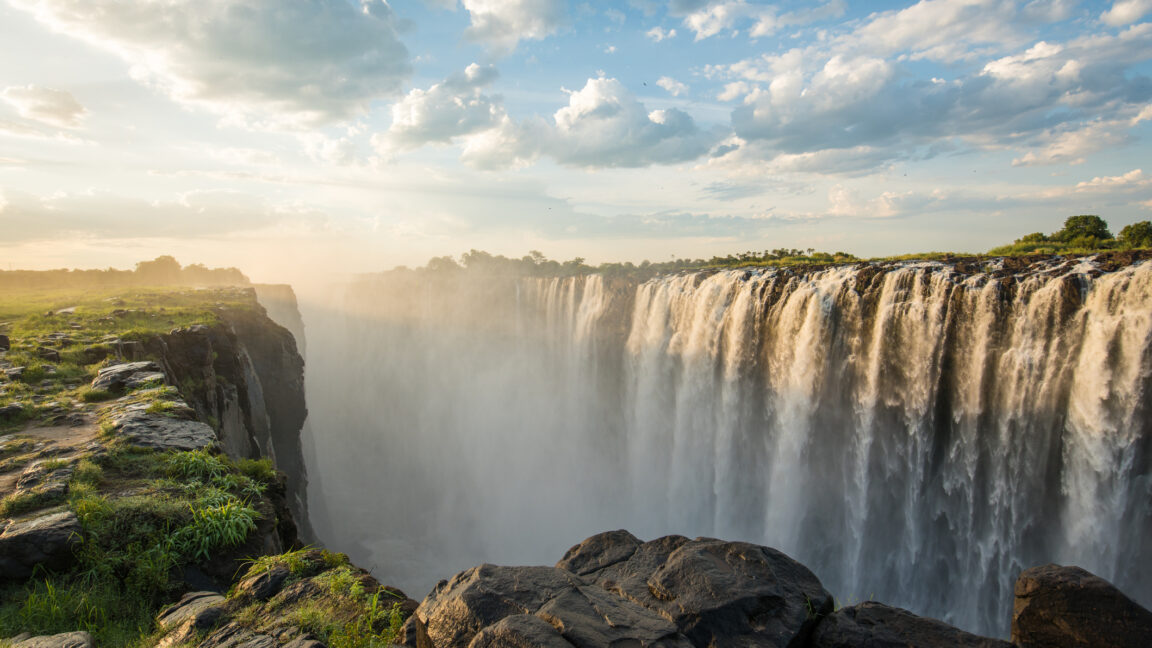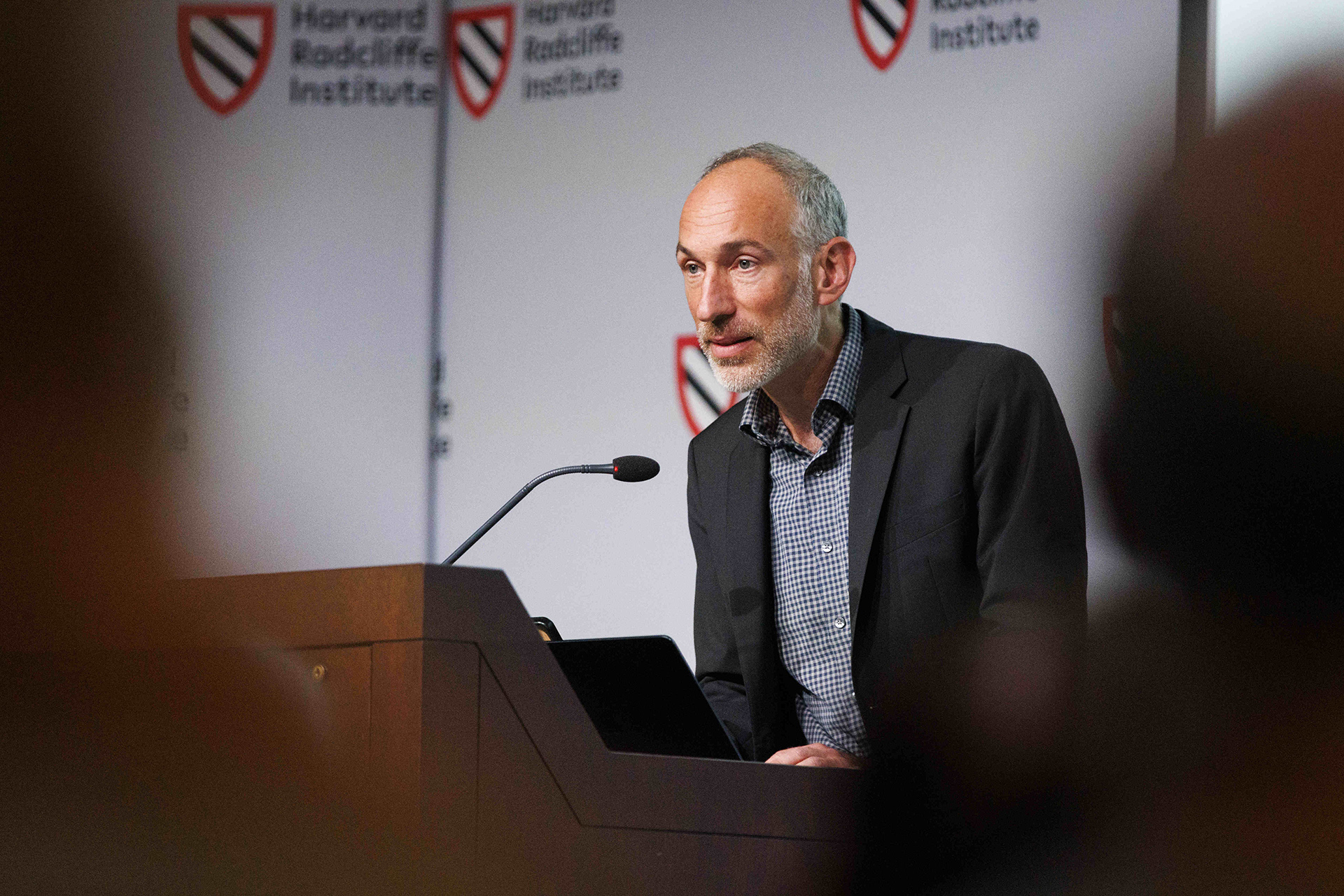#genetic-diversity
#genetic-diversity
[ follow ]
Public health
fromNature
3 months agoAfrica finally has its own drug-regulation agency - and it could transform the continent's health
The African Medicines Agency launch aims to strengthen Africa-led biomedical research, address genetic diversity gaps, and reduce dependence on external funding to improve health equity.
fromwww.cbc.ca
4 months agoU of T students gather White Oak acorns at Queen's Park in an effort to preserve native trees | CBC News
Eric Davies, a forest ecologist at the University of Toronto, led a group of undergraduate students in the university's foresters club as they gathered about six litres of acorns from a tree in Queen's Park North, one of four remaining large White Oaks in the park. White Oaks, a common deciduous tree species in North America, are the largest and oldest trees in the green spaces outside the Ontario Legislature. "This tree in particular is one of the oldest remaining white oaks at Queens Park," Davies said said, pointing to a massive tree behind him. "It's a beautiful long-lived tree."
Environment
Science
fromNature
6 months agoDaily briefing: Why some places on our bodies heal without scars
Weaver ants exhibit enhanced strength through teamwork, which could inspire robotic design.
Mouth and face skin heal without scarring due to specialized cell communication.
Seventh-century England had individuals with diverse ancestry, highlighting population diversity.
fromNature
7 months agoA haplotype-resolved pangenome of the barley wild relative Hordeum bulbosum - Nature
Wild relatives of cultivated plants are vital for increasing genetic diversity in crops, offering key avenues for improvements through introgression lines derived from crop-wild crosses.
Agriculture
Europe politics
fromNature
10 months agoThe phased pan-genome of tetraploid European potato - Nature
The cultivated potato has high genetic diversity and significant breeding challenges due to its autotetraploid genome.
Only three complete potato genome assemblies exist, indicating the difficulty in potato genome analysis.
[ Load more ]

